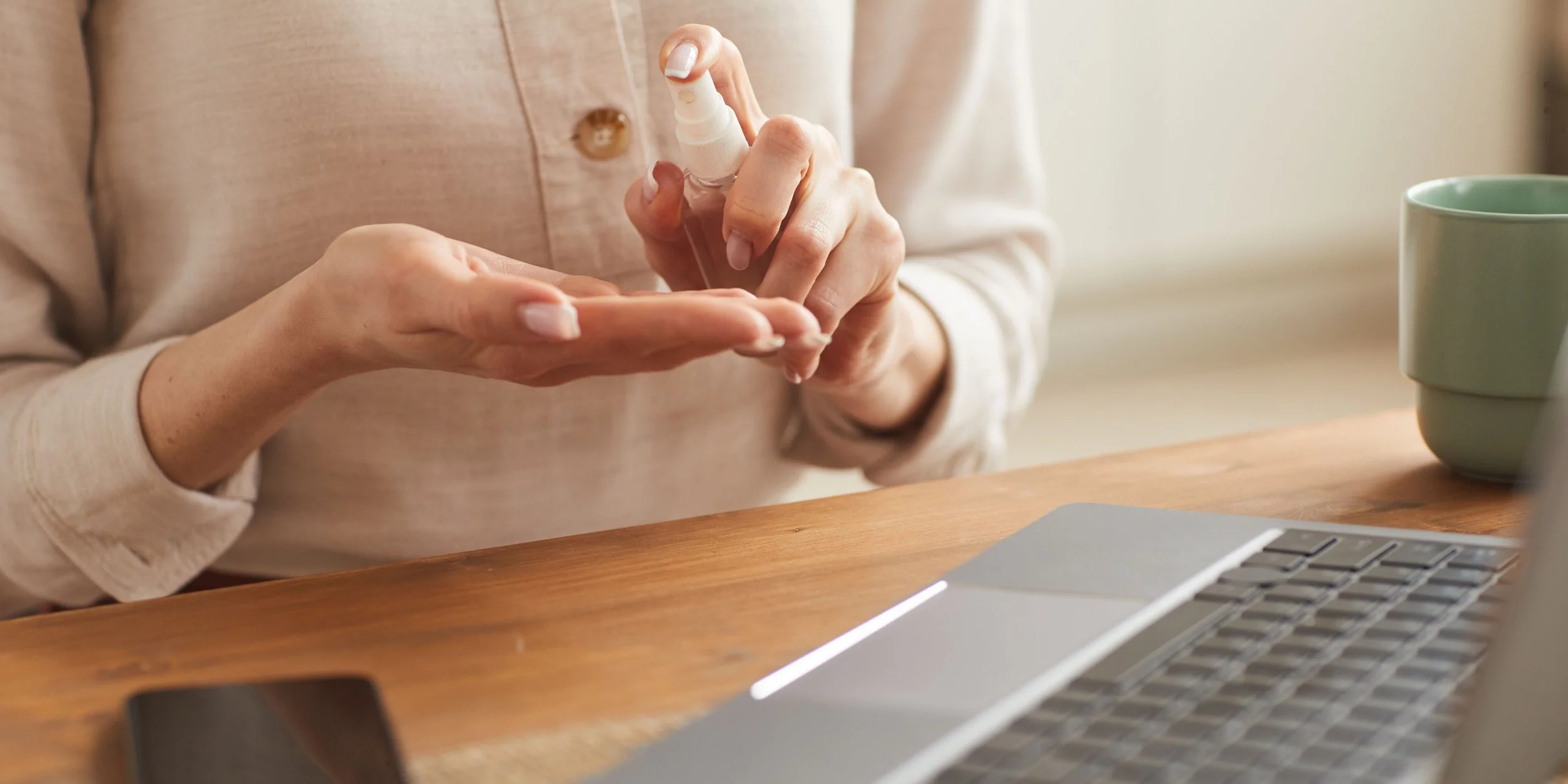
Phobias
-
What Are Phobias?
A phobia is an intense, persistent fear of a specific object, situation, or activity that poses little or no actual danger. Unlike general fears, phobias cause overwhelming anxiety and often lead to avoidance behaviors. Phobias can interfere with daily life, relationships, and well-being, but they are treatable with the right support.
-
Common Symptoms of Phobias
Phobias can trigger both emotional and physical reactions, such as:
Sudden, overwhelming fear or panic
Rapid heartbeat or shortness of breath
Sweating, trembling, or dizziness
A strong desire to escape or avoid the feared object or situation
Feeling out of control or detached (sometimes described as “unreal”)
Anticipatory anxiety—worrying long before facing the situation
-
How Are Phobias Treated?
Living with a phobia can be exhausting—facing certain situations, places, or objects may bring intense fear or anxiety that feels hard to control. Therapy provides a safe, compassionate space to understand your fears and learn ways to manage them with confidence. Together, we might use Cognitive Behavioral Therapy (CBT) and gentle exposure techniques to help you gradually face what you fear in a calm, supported way. Acceptance and Commitment Therapy (ACT) encourages you to take steps toward the life you want, even when fear shows up. With time and support, therapy can help you replace fear
-
Helping A Friend Or Loved One
Support for someone with a phobia should focus on compassion and encouragement. You can:
Listen without judgment and take their fear seriously
Avoid pressuring them to face the fear suddenly or forcefully
Celebrate small steps when they work toward coping strategies
Offer calm presence during anxious situations
Encourage professional treatment if the phobia limits their life significantly
Be patient—progress is gradual and may take time
Common FAQ About Phobias
-
While phobias may seem out of proportion to actual risk, they are real, powerful responses in the brain and body. They are not simply “overreactions.”
-
Some mild phobias may fade, but most persist without treatment. Professional help greatly improves outcomes.
-
Fear is a natural reaction to real danger. Phobia is an extreme or persistent fear that is triggered by something with little actual threat.
-
Yes, genetics and learned behaviors can both play a role. Seeing others react fearfully can influence how we respond.
-
Exposure therapy, often combined with CBT, is the most researched and effective treatment for phobias.
-
Yes. With treatment and coping strategies, many people successfully manage phobias and regain control over their lives.



